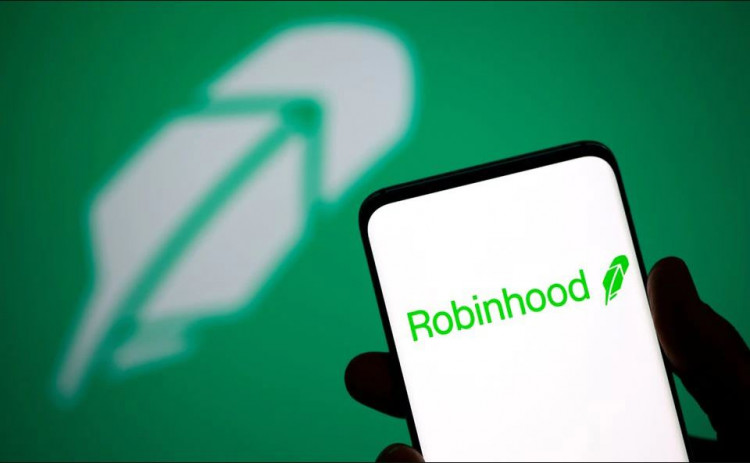Robinhood Markets Inc. shares fell more than 3% in premarket trading Monday after the online brokerage failed to secure a spot in the S&P 500, disappointing investors who had fueled a surge in the stock ahead of the widely anticipated index rebalance. The S&P Dow Jones Indices announced late Friday that it would make no changes to the S&P 500 in its latest quarterly update.
The decision came as a surprise to some analysts. Last week, Bank of America named Robinhood a "top candidate" for inclusion in the benchmark index, citing its surging market capitalization and trading momentum. Shares had jumped 3.3% on Friday, closing out a weekly gain of over 13%.
Despite the setback, Robinhood stock has doubled in value this year, boosted by a rebound in retail trading activity, resurgent interest in cryptocurrencies, and a broader equity market rally. The stock recently surpassed its $38 initial public offering price for the first time since its listing in 2021.
The company's exclusion from the S&P 500 dashed expectations for passive fund inflows, which often follow index changes. Inclusion typically triggers billions in buying from exchange-traded funds and mutual funds that track the benchmark. Coinbase Global, the cryptocurrency exchange added to the index last month, saw its shares jump 24% in the next trading session.
Robinhood's market capitalization currently stands at approximately $66.1 billion, placing it in the range of several S&P 500 constituents. Still, the index committee declined to make any additions or deletions in the June rebalancing, also leaving out another speculated entrant, AppLovin Corp.
"Robinhood's surge this year, fueled by speculation, mirrored the attention on other contenders," said Lynne Song of ING Economics. "However, this serves as a caution about the stock market's speculative nature, where rallies can swiftly reverse if those high hopes aren't met."
Robinhood's recent momentum contrasts sharply with the post-GameStop hangover and digital asset downturn that battered the company after 2021. It was hit hard by regulatory scrutiny, the collapse of FTX, and declining user engagement in 2022, but has recently staged a comeback amid renewed retail enthusiasm.




